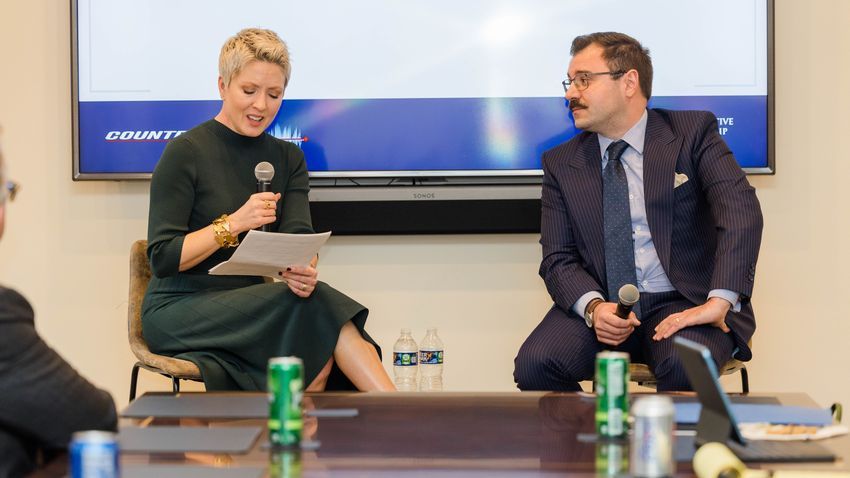Hungary is reminiscent of the United States in the 1980s when there was a stronger focus on families, freedom of speech still existed, and there was no government oppression, Shea Bradley-Farrell, director of the Washington-based Counterpoint Institute, told Hungarian national radio in an interview on Sunday.
She said Hungary is an example of freedom for Europe, adding that it was important to note that Hungary could not support all the sanctions imposed by Brussels in connection with the Russian-Ukrainian war, as such a stance would have crushed Hungary’s economy.

This position, she said, has angered the U.S. administration and the European Union, which is why they are withholding funds from the country, but they are also angry about the exclusion of LGBTQ content from schools.
“This is a question of national sovereignty, of what the majority of citizens decide,” the institute’s director assessed.
“I have seen the posters that 97 percent of (Hungarian) people are against the sanctions (on Russia), and I also know that people have expressed their opinion in a referendum, saying no to LGBTQ content in schools,” Bradley-Farrell added.
She stated that the will of the Hungarian people is the basis of national sovereignty. She plans to write a book on the subject and has already interviewed top Hungarian officials, such as Justice Minister Judit Varga and Minister of Culture and Innovation János Csák. Bradley-Farrell said people should understand that Hungary knows what it means to lose freedom, having lived under the occupation of the Soviet Union for about 45 years. Adding that Hungarian Prime Minister Viktor Orbán said that “Hungary comes first,” the analyst believes U.S. President Joe Biden should have the same attitude toward the U.S.
“I saw what you Hungarians did for the refugees from Ukraine. I visited the refugee centers last year, and they sent a lot of financial aid, and they received the arrivals with a lot of care and concern,” said Bradley-Farrell.
“There’s a big difference between cutting yourself off from the world and saying ‘no’ as a sovereign nation to certain things,” she pointed out.






